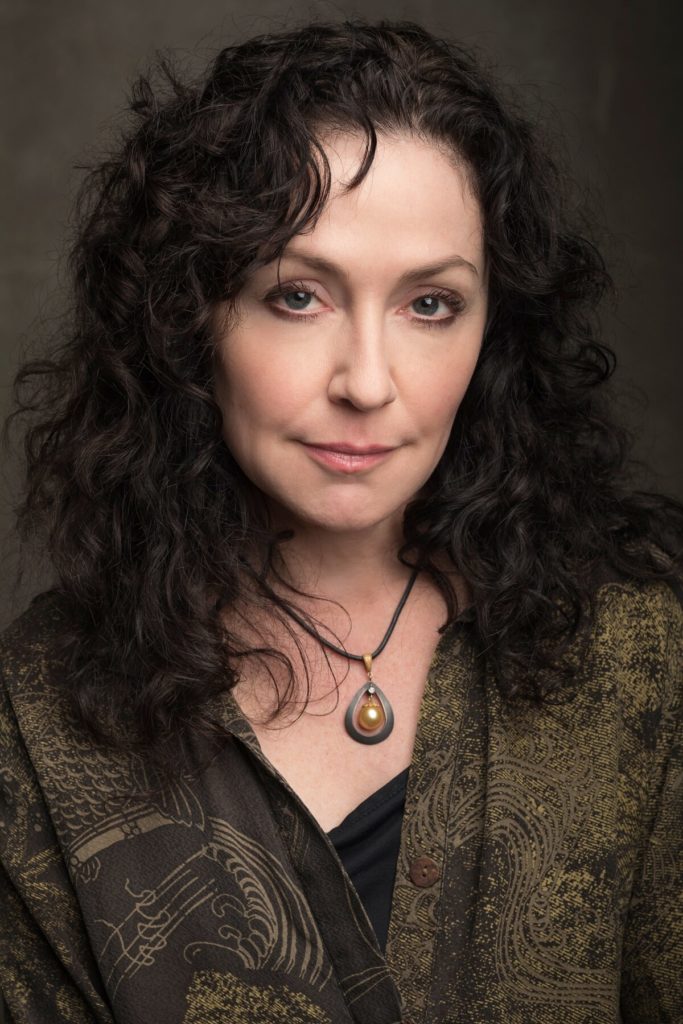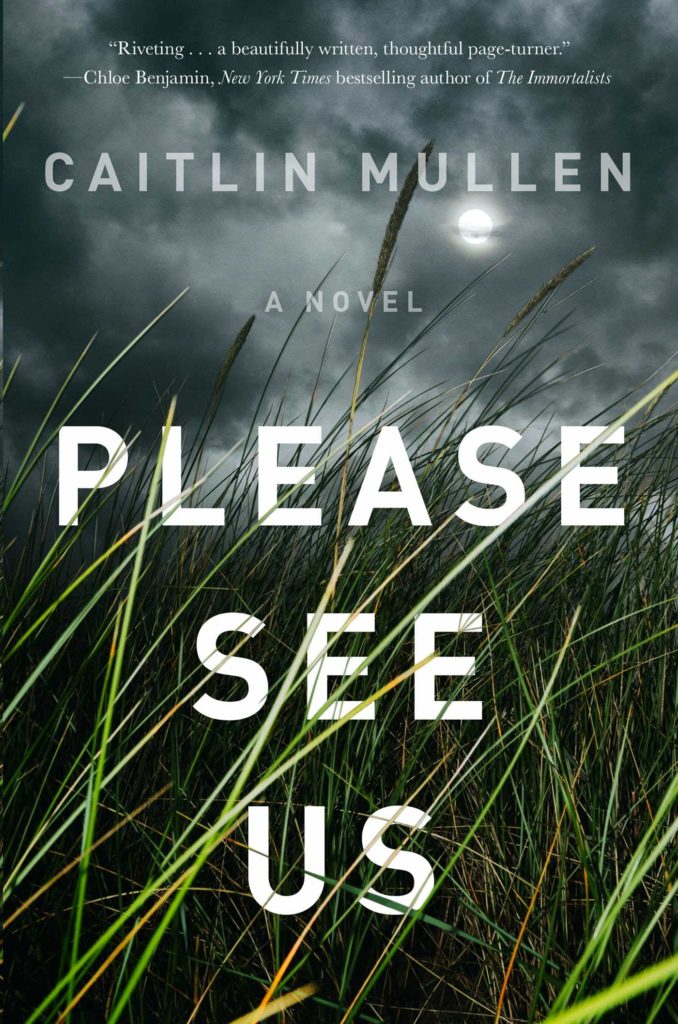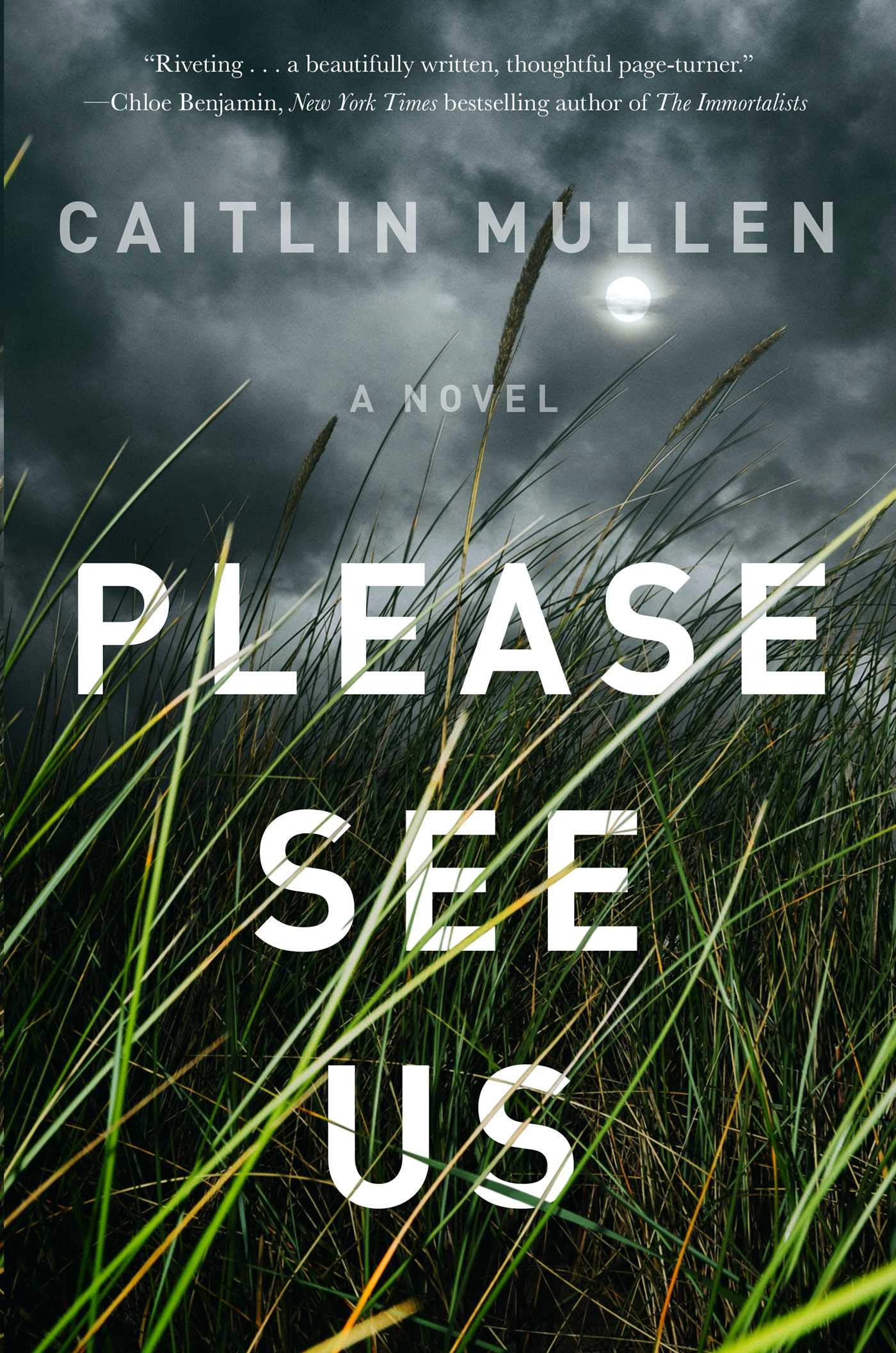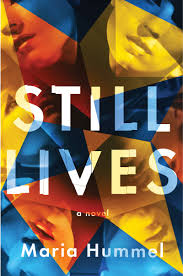BY FELICITY LANDA
The Butterfly Girl is Rene Denfeld’s second novel in the world of Naomi Cottle, a private investigator who is drawn to cases of missing children. Naomi’s knack for finding these children has earned her the name “The Child Finder,” but her need to pursue them stems from the one cold case in her own life: the missing sister she left behind when she herself escaped captivity as a child. When Naomi sets aside her work to finally find her sister, she meets Celia, a lonely homeless child abandoned to the streets. Celia is running from her abusive stepfather and hiding amongst butterflies, her imagined guardians and the only place she feels safe. Naomi and Celia continue to collide throughout a shocking series of events in Naomi’s search.
 Denfeld’s own experience as a homeless teen has led to an incredible life of advocacy, from her career as a public defender helping victims of trafficking, to her life as a foster mother of twenty years. Denfeld is no stranger to the hardships of abandoned children, and she cares for her characters as fiercely as she cares for those off the page who turn to her for aid.
Denfeld’s own experience as a homeless teen has led to an incredible life of advocacy, from her career as a public defender helping victims of trafficking, to her life as a foster mother of twenty years. Denfeld is no stranger to the hardships of abandoned children, and she cares for her characters as fiercely as she cares for those off the page who turn to her for aid.
Denfeld has written a tense, page-turning, crime novel that leaves readers feeling connected to her characters and their stories in an intimate way. Naomi and Celia dig through their haunted pasts, even while they uncover the truth of the present. The Butterfly Girl is a book that lingers, alive with hope as much as it is streaked in sorrow. Denfeld and I spoke about the importance of how we fictionalize trauma, the way she discovers her stories, and the beautiful and inspiring life she has led that motivates her writing.
 Caitlin Mullen’s debut novel Please See Us takes genre norms, chews them up, and spits them out into a gripping literary thriller. This ambitious work delves into a myriad of societal issues—trafficking, bullying, motherhood, drug abuse, mental health, inadequate foster systems, and misogyny.
Caitlin Mullen’s debut novel Please See Us takes genre norms, chews them up, and spits them out into a gripping literary thriller. This ambitious work delves into a myriad of societal issues—trafficking, bullying, motherhood, drug abuse, mental health, inadequate foster systems, and misogyny.


 Denfeld’s own experience as a homeless teen has led to an incredible life of advocacy, from her career as a public defender helping victims of trafficking, to her life as a foster mother of twenty years. Denfeld is no stranger to the hardships of abandoned children, and she cares for her characters as fiercely as she cares for those off the page who turn to her for aid.
Denfeld’s own experience as a homeless teen has led to an incredible life of advocacy, from her career as a public defender helping victims of trafficking, to her life as a foster mother of twenty years. Denfeld is no stranger to the hardships of abandoned children, and she cares for her characters as fiercely as she cares for those off the page who turn to her for aid.
 Steph Cha is the author of four novels including the Juniper Song mystery series (Follow Her Home, Beware Beware, Dead Soon Enough) and most recently, Your House Will Pay,
Steph Cha is the author of four novels including the Juniper Song mystery series (Follow Her Home, Beware Beware, Dead Soon Enough) and most recently, Your House Will Pay,  a highly-anticipated and well-reviewed book about the aftermath of the 1992 L.A. riots and the relationship between the Korean and African-American communities. Steph Cha spoke about the narrative possibilities of crime fiction at the UC Riverside Low-Res MFA December residency. I sat down with her afterward to talk about Los Angeles, Palmdale, writing different races, and a little about food.
a highly-anticipated and well-reviewed book about the aftermath of the 1992 L.A. riots and the relationship between the Korean and African-American communities. Steph Cha spoke about the narrative possibilities of crime fiction at the UC Riverside Low-Res MFA December residency. I sat down with her afterward to talk about Los Angeles, Palmdale, writing different races, and a little about food.
 The Butterfly Girl, Rene Denfeld’s second offering in her Naomi Cottle series, explores what it is to be lost versus invisible in a gritty thriller set in Portland’s Skid Row. Denfeld does a masterful job creating a compelling narrative by alternating views between two main characters—Naomi and Celia.
The Butterfly Girl, Rene Denfeld’s second offering in her Naomi Cottle series, explores what it is to be lost versus invisible in a gritty thriller set in Portland’s Skid Row. Denfeld does a masterful job creating a compelling narrative by alternating views between two main characters—Naomi and Celia.
